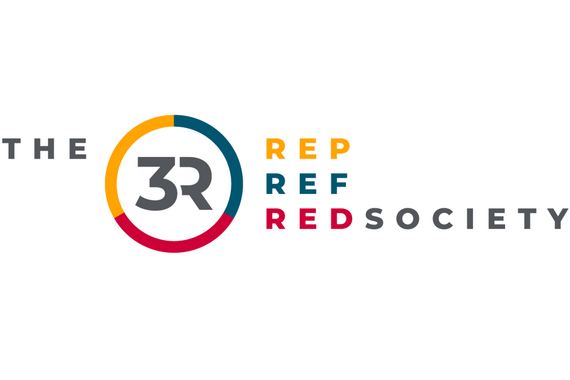-
The University
- Welcome
- Who we are
- Media & PR
- Studying
-
Research
- Profile
- Infrastructure
- Cooperations
- Services
-
Career
- Med Uni Graz as an Employer
- Educational Opportunities
- Work Environment
- Job openings
-
Diagnostics
- Patients
- Referring physicians
-
Health Topics
- Health Infrastructure
Our principle: 3R
3R Replacement, Reduction and Refinement of Animal Procedures
Not only ethical but also scientific principles demand that pain and suffering in lab animals are kept to a minimum. Increased stress before and during tests influence the results and can lead to false findings. That is why compliance with 3R/3V in vivo research is imperative. The 3R have become the most commonly cited postulates in publications on the topic of in vivo experiments, and reference is made to them in national and international legislation.

The 3R concept and its history
The 3R concept refers to measures capable of hindering (replacement) and decreasing (reduction) pain and stress in lab animals and relieving (refinement) animals through improved keeping and handling of animals. The terminology goes back to two scientists who were asked by the Universities Federation for Animal Welfare in Great Britain to conduct a study of humane techniques in animal research. Five years later, zoologist William M. S. Russell and microbiologist Rex L. Burch summarized their findings in the 1959 paper "The Principles of Humane Experimental Technique" and coined the terms replacement, reduction and refinement. In this work, they postulated a direct relationship between good scientific practice and animal welfare, i.e., the improvement of results through humane treatment of animals and reduction of chronic stress.
What 3R stands for
Replacement
Replacement refers to the substitution of appropriate, validated methods for animal experimentation. Russell and Burch differentiate here between the following types:
- Relative replacement: This describes the practice of removing cells, tissue and organs from animals for subsequent in vitro tests.
- Partial replacement: This describes a combination of an alternative method and an in vivo experiment. The alternative method is used for prescreening, in which the first indications of toxicity, etc., are investigated. If toxicity occurs, animal testing is not conducted.
- Absolute replacement: This describes trials in which animal testing can be replaced completely by another method such as studies of microorganisms; cell, tissue and organ cultures; "lower" life forms (fungi, bacteria, etc.) or computer simulations. It is possible to use a wide variety of in silico models and instructional films for the purpose of training and professional development.
Reduction
The concept of reduction is based on:
- The choice of an appropriate testing method
- A properly designed study protocol
- The guarantee of achieving the best statistically significant result with the least number of animals
- The maximum information gain per animal
- The use of in vivo imaging methods to examine the animal non-invasively: Micro-computed tomography (µCT), micro-ultrasound (µUS), micro-MRI or micro-positron emissions tomography/single-photon emission tomography are becoming increasingly attractive and valuable in this context.
Refinement
Refinement is achieved through all measures that represent a reduction in stress situations and other burdens for lab animals. The test environment can be summarized as follows:
- Keeping, care and handling of laboratory animals
- Environmental enrichment, entertainment in the enclosure with balls, hay, boxes and gnawing sticks
- Improved anesthesia procedures, medicinal analgesia (pain management)
- Consideration of the application of in vivo imaging methods
- Clear setting of criteria for breaking off testing: These defined endpoints to testing come into play when an experiment fails.
Through the training opportunities, establishment and dissemination of alternative methods in the spirit of the 3Rs at Biomedical Research, researchers are specifically introduced to implementation of the 3Rs in their research. In this way, pain and suffering in laboratory animals can be kept to a minimum and alternative methods are applied for replacement, reduction and refinement.


